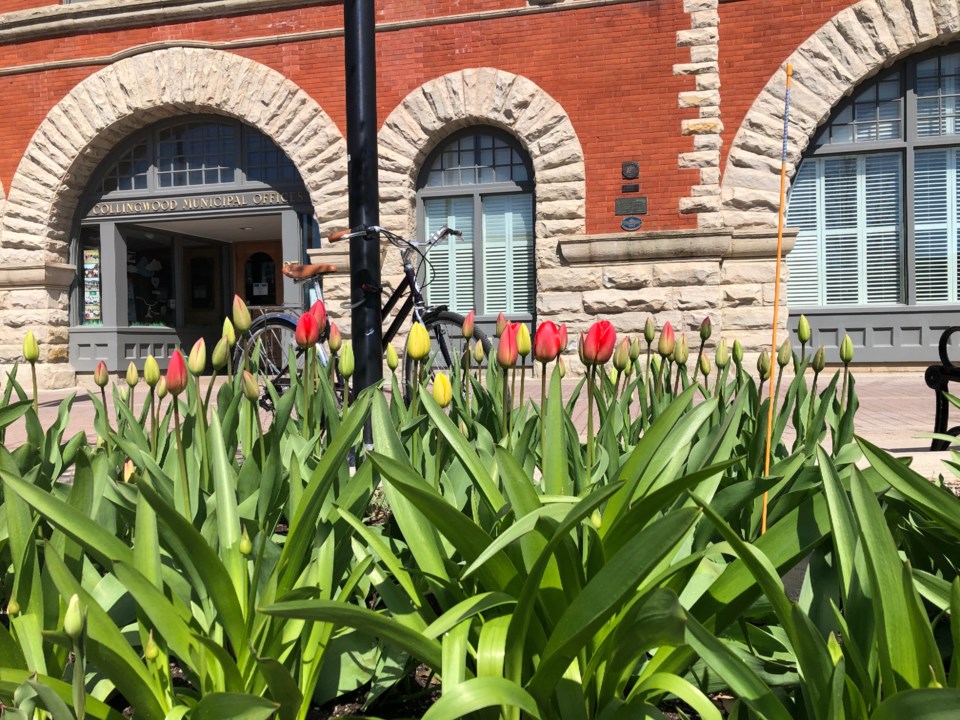Collingwood’s treasurer is predicting a $243,000 deficit for 2020, but like everything else during the pandemic, that’s subject to change.
Council members received a financial update during last night’s (June 3) Strategic Initiatives Committee meeting.
Treasurer Marjory Leonard presented an overview of how COVID-19 is impacting each of the town’s departments and according to her best guesses and predictions based on current closures and provincial orders.
The two biggest “bleeds” the treasurer identified are a severe drop in interest rates and the town’s transit budget.
Leonard said the interest rate has dropped from 2.35 per cent to .75 per cent.
“In December 2019, the interest we earned on the bank account was $183,000, and in April the interest we earned on the bank account was $63,000,” she said. “Next year, when you see the interest that gets allocated to the reserve funds, you’ll see a big difference there as well.”
She predicts a deficit of $400,000 in the transit budget.
“The assumption I made there is we’re not going to be charging fares until September,” she said. “I believe we’ll probably only be at 30 per cent ridership at that time … part of that will be due to social distancing and … people will not necessarily be wanting to ride public transit.”
Leonard also predicts about $174,315 in extra costs directly related to COVID-19, and that includes potential increases in sanitation contracts as town facilities reopen.
“This is just a shot in the dark,” said Leonard, noting there are potential costs such as plexiglass barriers for the library when it reopens, staff training costs, and cleaning costs.
“I don’t want council to hold me to this, this is just my best guess,” she said.
The report she delivered to the committee last night does include actual costs from March 2020, but she said there are still invoices coming in so even those actuals are subject to change.
There are also some departments expected to end the year in surplus.
For instance, the facilities budget could see a surplus around $74,000 at the end of the year due to savings on things like hydro and staffing costs since facilities such as the town’s arenas and pools are shut down.
Leonard said there will be even more savings because when she completed the report, the province had not yet announced it was extending lower hydro rates past June 1.
The Culture and Events budget is also expected to finish with a surplus since the town cannot run its usual large, outdoor events.
Leonard predicts a surplus around $140,000 in the governance budget since there has been reduced spending on professional development by council (conferences have been cancelled or switched to virtual platforms), and the cost anticipated from the company charged with managing the town’s voter list were lower than expected.
Leonard said it’s possible the town can make up some of the deficit through supplementary tax bills (which are taxes charged on new or improved homes to reflect increased assessments), but it’s not possible to predict exactly how much revenue that will produce.
“We can make up the deficit by reducing the amount we transfer to the lifecycle reserve funds,” said Leonard, noting such an action would have long-term implications. “If we have to, we have to, because we cannot have a deficit.”
The committee agreed to support staff’s recommendation to extend the tax relief program to the end of August, meaning the town is allowing people to defer tax payments without penalty until August 30. The motion will still have to be approved at a regular council meeting.

